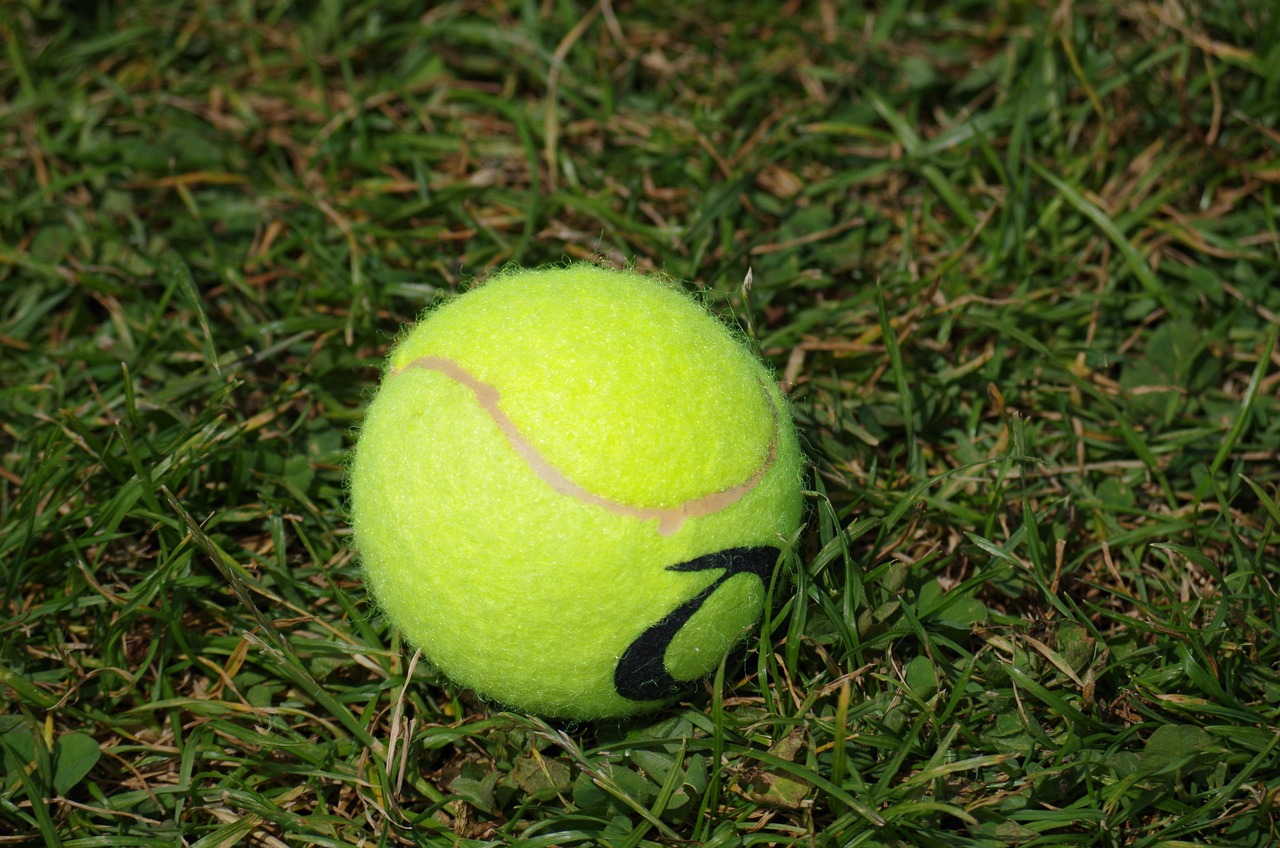
Iga Swiatek enters this year’s French Open with mounting pressure and more questions than answers. Once nearly invincible, the Polish tennis star now finds herself at a crossroads, confronting a season that has highlighted vulnerabilities both on and off the court.
Back in 2022, Swiatek’s 37-match winning streak was snapped by Alizé Cornet at Wimbledon. That loss, though jarring, was easier to digest: it happened on grass, her least-favored surface, and followed a run that had already solidified her as a dominant force. She finished that season as World No. 1 with French Open and US Open titles in hand.
But even then, watching Swiatek lose was unsettling. Her identity on court has always been tied to control — over rallies, over tempo, over her mental state. That loss represented a crack in her otherwise impenetrable game. Now, as she returns to Roland Garros, it feels as though that crack has widened.
Since claiming her fourth French Open title a year ago with a win over Jasmine Paolini, Swiatek hasn’t reached another final. Paolini’s recent victory at the Italian Open means Swiatek will head to Paris as the fifth seed — a rare and surprising position for a defending champion.
The clay-court season has only deepened the concerns. She suffered a stunning 6-1, 6-1 loss to Coco Gauff in Madrid, was defeated by Jelena Ostapenko in Stuttgart, and exited the Rome tournament in the third round at the hands of Danielle Collins. Her on-court body language — especially in the loss to Gauff — raised red flags.
This is a far cry from the Swiatek who modeled her game after Rafael Nadal’s laser-sharp focus. That mentality had once fueled lopsided wins and a sense of inevitability every time she stepped onto the court. Her ability to stay present and unshakable made her nearly unbeatable, especially on clay.
But she has acknowledged the pressures of maintaining that façade. After a difficult loss at Indian Wells earlier this year — where she nearly struck a ball boy in frustration — Swiatek addressed the double standard she faces. “When I’m focused and not showing emotion, I’m called a robot,” she said. “When I show feelings or struggle, I’m called immature or hysterical.”
Swiatek’s turbulent year also includes a one-month suspension after testing positive for trimetazidine, a banned substance. The International Tennis Integrity Agency determined the result stemmed from a contaminated batch of melatonin supplements. Her degree of fault was minimal, but the emotional toll was significant. Swiatek later revealed she spent weeks crying and feared for her career.
In her absence, Aryna Sabalenka seized the top ranking, winning both the Australian Open and US Open. Swiatek also parted ways with long-time coach Tomasz Wiktorowski, replacing him with Wim Fissette. So far, the change hasn’t yielded a clear improvement.
Returning to Paris might offer a path forward. Swiatek has won four of her five Grand Slam titles on the red clay of Roland Garros. Her dominance there earned her the nickname “Queen of Clay.” Yet, last August at the Olympic semifinals — also on clay — she was stunned by Qinwen Zheng, ending her 25-match winning streak in Paris.
That loss left Swiatek in tears, believing she had buckled under the pressure of delivering gold for Poland. Though she rebounded with an Olympic bronze, she hasn’t looked the same since. Her focus appears to have shifted toward correcting past missteps, rather than staying grounded in the present moment.